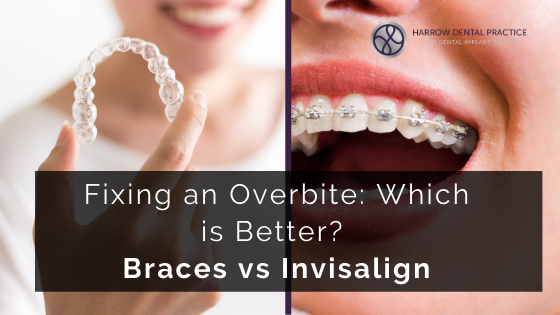For many people, the word “root canal treatment” is synonymous with pain and discomfort. But, this is actually not true. Every day, dentists perform thousands of root canal procedures globally and save millions of teeth from extraction each year. If your dentist has recommended a root canal procedure for one of your teeth, you might be wondering what this procedure actually is, whether it is safe, when it is needed. Continue reading to find everything you need to know about root canal treatment.
What Is A Root Canal?
A root canal refers to space within the tooth roots that are filled with the dental pulp – the nervous tissue of the teeth which contains the nerves and blood vessels that nourish and innervates a tooth. Under healthy conditions, the sensitive dental pulp remains protected from the outside by outlying dentine and pulp layers, respectively. The problem begins when tooth decay, wear, or trauma destroys the outer tooth layers and exposes the underlying pulp. If this condition is not corrected timely, the pulp tissue may get irreversibly inflamed, leading to a painful condition.
When this happens, the only option available to your dentist to save this tooth from extraction is to perform a root canal procedure. According to the American Association of Endodontists, a root canal procedure involves removing the inflamed pulp tissue followed by thorough cleansing of the root canals and then filling it with an inert material to prevent future infections.
How Is A Root Canal Done On A Front Tooth?
Whether it is the front or a back tooth, the steps involved in performing root canal treatment remain essentially the same. However, a fundamental difference between the front and back teeth is that the front teeth have only one root that is considerably longer. In the case of a front tooth, your dentist will first drill a hole in the tooth to expose the pulp chamber. Afterwards, they will use specialised endodontic equipment to remove the inflamed pulp tissue, followed by thoroughly washing the tooth’s interior with an antiseptic solution and then drying it.
Dentists endodontic files to shape the tooth’s interior in a tapering fashion and then fill it with an inert material. They will then place a temporary filling on the tooth while the healing takes place inside the tooth. After a few weeks when the tooth’s interior has healed, your dentist will replace the temporary filling with a permanent one.
Does A Root Canal Kill A Tooth?
A root canal procedure involves removing the inflamed pulp tissue from the tooth’s interior. Since the dental pulp is responsible for innervating and nourishing the tooth. So, the tooth loses its nourishment and nerve supply following root canal treatment. This is also why teeth become brittle and weak after endodontic treatment.
What Are The Steps Involved In A Root Canal Treatment?
A root canal is an endodontic (endo=inside, odont=teeth) procedure that is completed in multiple steps. During your initial appointment, your dentist will perform a clinical examination of the affected tooth. They will also look at the x-ray images of the tooth to see the extent of the damage. Your dentist will drill a hole in the tooth to expose the underlying infected pulp, to relieve the pressure and pain.
During the next appointment, your dentist will use specialised endodontic equipment to remove the infected pulp from the tooth’s interior. Afterwards, they will use antiseptic solutions or saline water to wash and clean the root canal. After the root canal has been dried, they will insert an inert rubbery material called gutta-percha to fill the tooth’s interior. This is done to prevent future chances of infection. After this, your dentist will place a temporary filling over the tooth until healing ensues. Once the tooth has healed, your dentist will replace the temporary filling with a permanent one. If required, they will also attach a crown over the restored tooth to reinforce it.
Should I Have A Root Canal Or Extraction?
A root canal is your dentist’s attempt to save a damaged tooth from extraction. Since no tooth-replacement option is better than your natural teeth, a root canal procedure should always be preferred over tooth extraction.
How Long Does Root Canal Take?
Dentists typically perform a root canal procedure in multiple sittings. The time required to complete the procedure depends on various factors, such as the location of the tooth and the extent of infection. Generally, it requires two to three sittings for completion. However, in some cases, dentists choose to perform a root canal procedure in a single sitting.
How Safe Is A Root Canal?
Like all other dental procedures, a root canal treatment procedure is absolutely safe, provided it is performed by a qualified and experienced dentist or endodontist. So, you can rest assured that a root canal procedure will have no effect on your oral health or physical wellbeing.
What Is The Cause Of Biting Pain After Root Canal?
Biting pain following a root canal can occur due to two reasons. Firstly, a “high” filling which puts pressure on the tooth whenever the opposing teeth mate. Another reason for post-root canal biting pain may be accidental damage to the tooth’s tissues, called the periodontal ligament. This type of pain typically goes away as soon as the damaged tissue heals up.
Whether you need a root canal treatment, dental fillings, or Invisalign aligners, Harrow Dental Service is at your service. So book a consultation appointment today and let us experienced and qualified dentists to take care of all your dental problems in a calm, relaxing and pain-free environment.

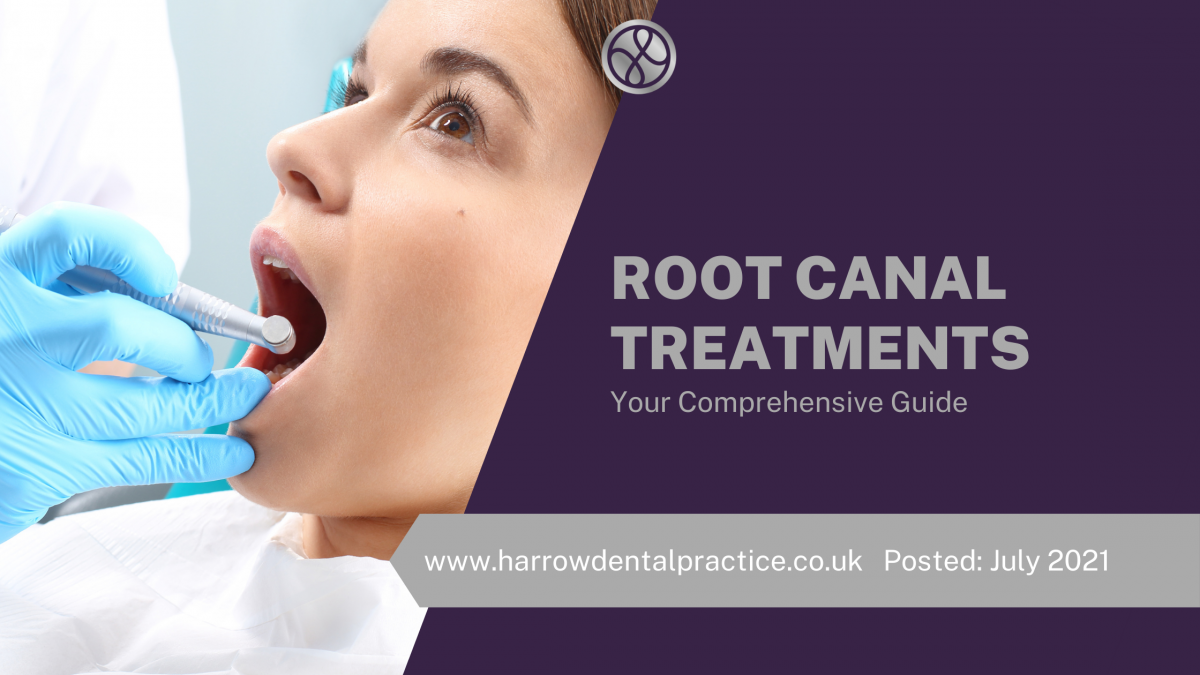
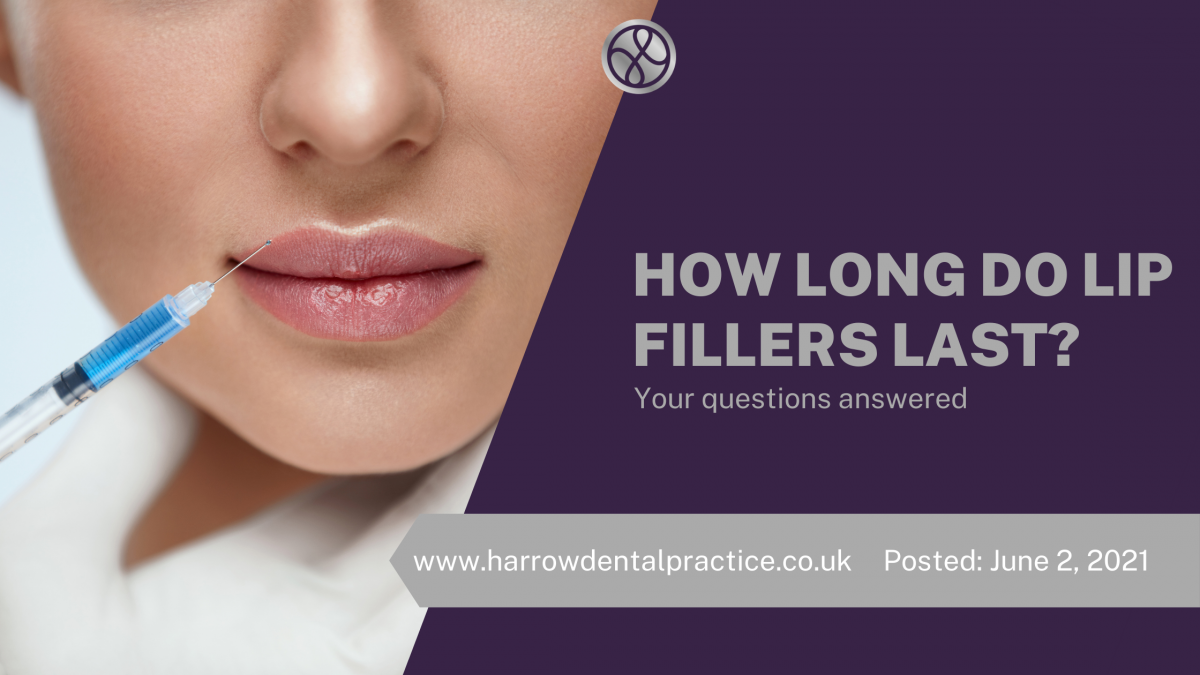
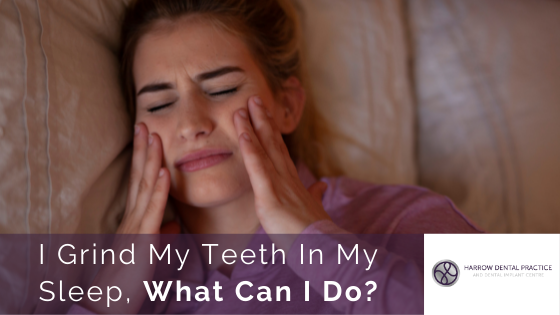
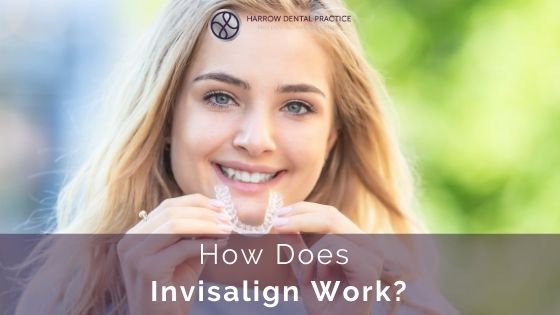 If you are thinking about getting your teeth straightened with orthodontic treatment, you might find yourself stuck between different available teeth straightening options. Like many people, you might also be wondering whether the
If you are thinking about getting your teeth straightened with orthodontic treatment, you might find yourself stuck between different available teeth straightening options. Like many people, you might also be wondering whether the 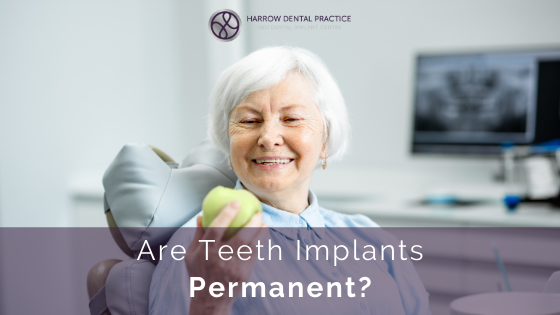
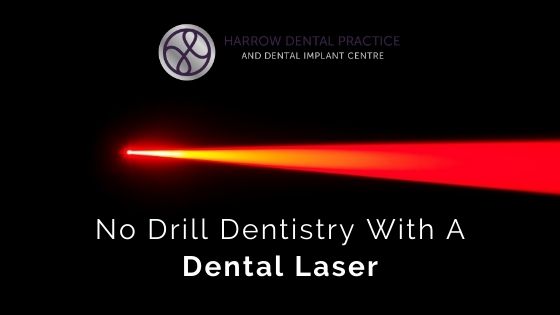 For many people, visiting the dentist’s office is nothing short of a nightmare. They would rather bear extreme toothache and discomfort, than dare step foot into a dental clinic.
For many people, visiting the dentist’s office is nothing short of a nightmare. They would rather bear extreme toothache and discomfort, than dare step foot into a dental clinic. 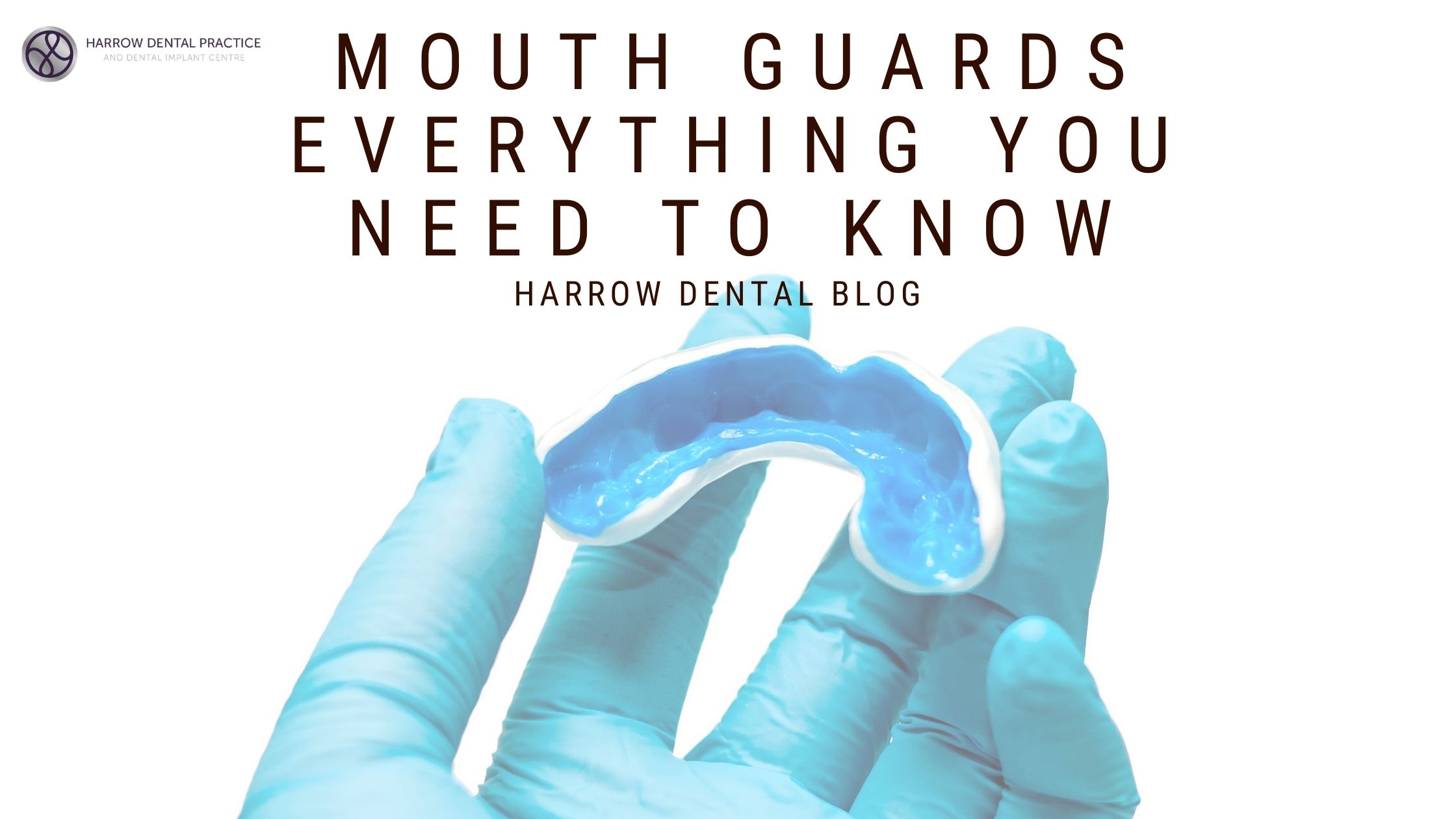 We are living in one of the most stressed-out times in the history of mankind. In fact, in a recent
We are living in one of the most stressed-out times in the history of mankind. In fact, in a recent 

